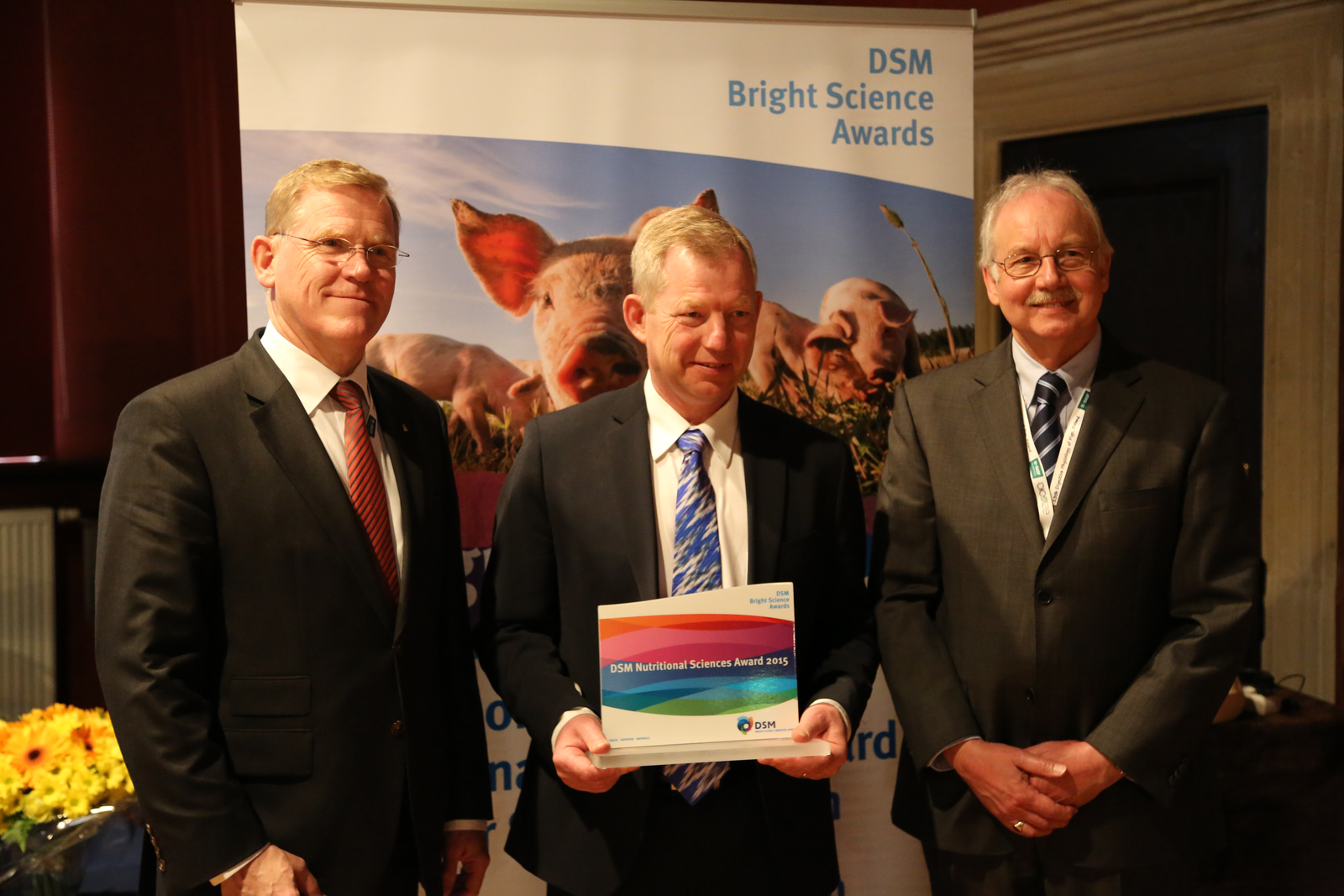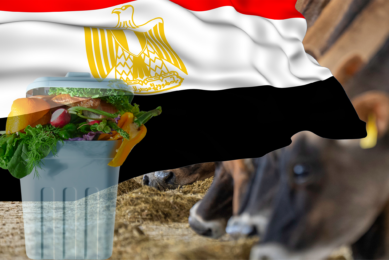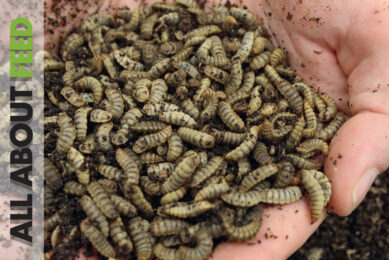Dr Hans H Stein wins DSM Award

Royal DSM announced the winner of the DSM Nutritional Sciences Award 2015. Professor Dr Hans H Stein, from the University of Illinois (USA), has received the award in recognition of his ‘outstanding research in swine nutrition, specifically helping to optimise the digestibility of nutrients contributing to sustainable food production.’
The DSM Nutritional Sciences Award is part of DSM’s Bright Science Awards Program. In the field of animal nutrition, the award is granted to scientific work that has significantly contributed to improving animal nutrition and health through innovative concepts and more sustainable animal farming. The theme for the 2015 award is Optimum Swine Nutrition for Sustainable Food Production.
An international judging committee, chaired by Dr Georg Kau, Vice President Research & Development at DSM Nutritional Products, selected Professor Hans H. Stein from the candidates proposed via a public call for nominations. Professor Stein received the award – which carries a cash prize of €50,000 – from Dr Kau at the 13th International Symposium on Digestive Physiology of Pigs, Kliczków, Poland, on 19 May.
Accurately determining amino acid requirements
“Professor Hans H Stein has a broad understanding of animal nutrition, the pig industry, and the challenges of producing food for the growing world population. In particular, his research towards accurately determining amino acid requirements and optimizing calcium/phosphorous supply for growing pigs helps reduce the excretion of undigested feed components (which are potentially harmful to the environment), and thus greatly contributes to the improvement of sustainable swine farming,” says DSM.
Increase in animal protein production
DSM’s Chief Technology Officer, Dr Marcel Wubbolts: “By 2050, there will be over 9 billion people living on our planet. The amount of arable land per capita is decreasing, whereas rising standards of living tend to coincide with a shift of diets to higher protein consumption. If this increase in animal protein production is not managed in a sustainable way, this increase can take a serious toll on the environment. This means that availability of and access to good quality nutrition – one of the cornerstones of good health – is going to be critical and so will be the need for ongoing innovations that can enhance effectiveness, animal wellbeing and environmental sustainability of livestock farming. The issue of sustainability is an ever pertinent one, and research, such as that of Professor Stein, is paving the way for sustainability, not only in terms of current research, but also teaching, and helping next generation scientists to flourish in this field.”
Scientific career
Professor Stein completed his undergraduate studies in Animal Science at the Royal Veterinary and Agricultural University in Denmark, and received his Ph.D. in Non-Ruminant Nutrition from the University of Illinois. In 2000, he started his academic career as an Assistant Professor at South Dakota State University, and was soon awarded Teacher-of-the-Year and promoted to Associate Professor. Five years later, he was recruited to a research-extension position at the University of Illinois, where he was promoted to Full Professor in 2011.











